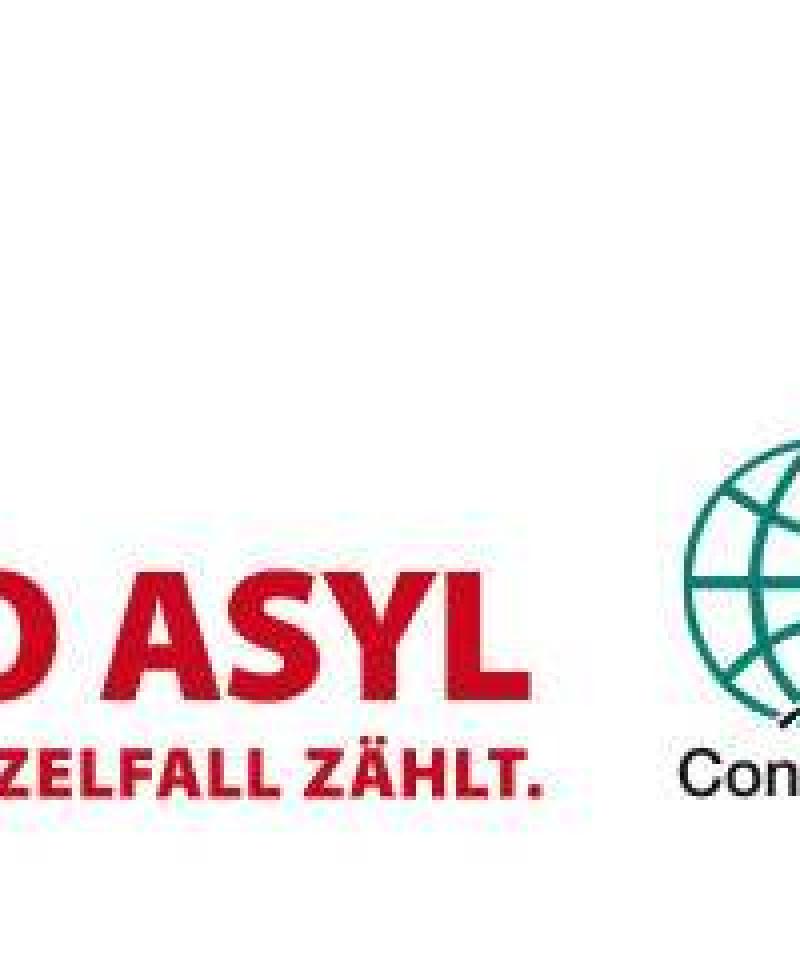Resolution of German parliament raises hopes for Russian deserters that will not be fulfilled

The current restrictive recognition practice of German authorities for deserters prevents them from receiving protection here. In order for the resolution of German parliament of April 28, 2022, to take effect, the Federal Ministry of the Interior and the BAMF must now immediately change their practices, PRO ASYL and Connection e.V. demand.
In the resolution of German parliament on comprehensive support for Ukraine, point 31 also includes an appeal to Russian soldiers to lay down their arms. At the same time, the Bundestag points out that the way to the German and European asylum procedure would be open to them. The conscientious objection network Connection e.V. as well as PRO ASYL warn that, according to current practice, Russian servicemen and servicewomen who rely on this resolution are very likely to be rejected in asylum procedures. "The Bundestag raises hopes here," said Rudi Friedrich of Connection e.V., "which will not be fulfilled due to previous repressive practice. The Bundestag calls for desertion, but guarantees no protection and thus endangers the deserters."
Günter Burkhardt demands, "The Federal Ministry of the Interior and the Federal Office for Migration must immediately change their decision-making practice so that the Bundestag’s decision becomes effective in practice. Access to protection has been walled off in such a way that the hurdles can hardly be overcome. The Bundestag’s decision is in danger of coming to nothing."
The Russian Federation’s attack on Ukraine is a war in violation of international law. And that is why Article 9 of the European Union’s Qualification Directive applies to Russian servicemen and women who have evaded military service and thus the possible deployment to the war in Ukraine, or who have deserted: protection under refugee law is promised to those people who evade acts or wars that are contrary to international law and who must therefore fear punishment (Article 9 para. 2e).
But experience is different: Previous asylum cases based on Article 9(2) of the Directive have shown that German authorities and courts impose very high evidentiary requirements that many of the persons concerned are unable to meet. For example, German authorities and courts demand, among other things, proof of enlistment and deployment orders from the persons concerned that prove deployment in a war zone or pending acts in violation of international law - but this is almost impossible in practice. In addition, the authorities and courts require that affected persons have already applied for conscientious objection in Russia.
Thus, the promise of protection promised by the Bundestag loses its essence. Hardly any of the applicants will be able to provide the necessary evidence. As a consequence, they would be deprived of protection under asylum law.
PRO ASYL, Connection e.V. and other 40 organizations already demanded at the end of March in an appeal to the German Bundestag to grant protection and asylum to Russian and Belarusian as well as Ukrainian conscientious objectors and deserters. Germany and all other EU countries must take in these people fleeing the war effort without bureaucracy and allow them a permanent right to stay - and also ensure that the human right to conscientious objection is recognized.
Together, Rudi Friedrich and Günter Burkhardt also made it clear today that "the Bundestag resolution has far-reaching consequences for all policy areas and increases the danger that Germany will become ever more involved in the war effort and slip into a spiral of military escalation. There is a lack of realistic impetus on how to stop this war and end further unspeakable suffering and the reason for millions of people to flee."
Stay up to date with our international antimilitarist activism.